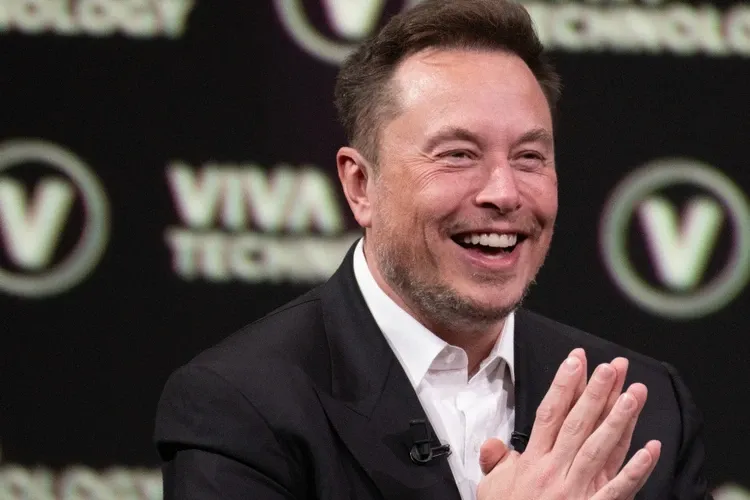Neuralink, the brain implant company launched by billionaire entrepreneur Elon Musk, implanted a device into a human patient for the first time this week.
Neuralink received approval last year from the FDA to develop a clinical study on humans. The firm invited those with quadriplegia due to cervical spinal cord injury or amyotrophic lateral sclerosis, also known as ALS, to apply for the clinical trial. Musk announced in a brief social media update that “the first human received an implant from Neuralink.”
He added that the patient is “recovering well” and said “initial results show promising neuron spike detection,” meaning that brain cells appear to have been successfully stimulated.
The current Neuralink chip has sixty-four threads, each of which is one-fourteenth the diameter of a human hair, and will enable patients to move a computer cursor or type on a keyboard using only their thoughts. The threads, which work to monitor movement intention, could eventually stimulate the brain to enable standing, walking, and other activities made impossible by paralysis. The chips rest within the skull and are cosmetically invisible after surgery.
Neuralink is also working on a spinal implant to address issues related to paralysis. Musk hopes that the chips will eventually assist with treating autism, depression, and schizophrenia.
He added that the first Neuralink product is called Telepathy: the system “enables control of your phone or computer, and through them almost any device” only by thinking. “Initial users will be those who have lost the use of their limbs,” he commented. “Imagine if Stephen Hawking could communicate faster than a speed typist or auctioneer. That is the goal.”
Neuralink previously said that the human trial would be conducted by a surgical robot which would remove a portion of the skull and implant the system into the brain. The robotic surgeon had already performed procedures with varying success on pigs, sheep, and monkeys. Musk contended that the deaths of several monkeys involved in the surgeries occurred because researchers only experimented on monkeys that were already near death.



